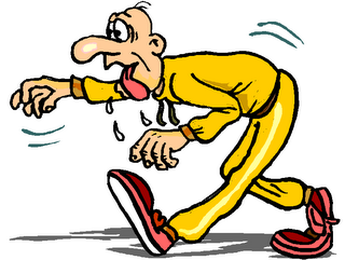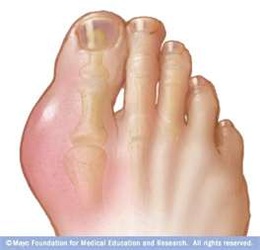What are side effects of Thiazide Diuretics?
Due to increased urine excretion, body will lose fluid quickly. Symptoms are;
- Thirst
- Dry and sticky mouth
- Dry skin
- Dizziness or lightheaded
- Headache
- Constipation
Read more about dehydration.
Electrolyte Imbalance
Electrolytes are substances that help metabolism in the body, such as sodium, potassium, magnesium, chloride, and calcium. Because thiazide diuretics block reabsorption of electrolytes, body is at risk for depletion of some electrolytes. Potassium depletion is especially a great concern because hypokalemia, a low level of potassium in the body, can cause fatal dysrhythima. Fatal dysrhythmia ia dangerous condition caused by extremely irregular heart beat. Potassium supplements or foods rich in potassium is recommended with the use of thiazide diurectis to prevent hypokalemia.
Other potential electrolyte imbalances are yyperchloremic alkalosis (a metabolic disorder resulting from an increase in blood bicarbonate level secondary to loss of chloride from the body), hypomagnesemia (abnormally low level of magnesium in blood), and hyponatremia (abhormally low level of sodium in blood).
Go to hypokalemia page (on the top menu) to find out how to prevent hypokalemia.
Other potential electrolyte imbalances are yyperchloremic alkalosis (a metabolic disorder resulting from an increase in blood bicarbonate level secondary to loss of chloride from the body), hypomagnesemia (abnormally low level of magnesium in blood), and hyponatremia (abhormally low level of sodium in blood).
Go to hypokalemia page (on the top menu) to find out how to prevent hypokalemia.
Other Side effects
- Frequent urination
- Extreme tiredness or weakness
- Dizziness, lightheadedness
- Blurred vision, confusion, headache
- increased perspiration (sweating), restlessness
- Fever, sore throat, cough, ringing in the ears
- unusual bleeding or bruising, rapid and excessive weight loss
- Loss of appetite, nausea, vomiting, or muscle cramps
- Gout
- Hypercholesterolima: abnormally high level of cholesterol in blood
- Hyperglycemia: abnormally high level of glucose (sugar) in blood
- Hyperuricemia: abnormally high level of uric acid in blood
-Photosensitivity (increased sensitivity of skin to light or other sources of UV)
- Extreme tiredness or weakness
- Dizziness, lightheadedness
- Blurred vision, confusion, headache
- increased perspiration (sweating), restlessness
- Fever, sore throat, cough, ringing in the ears
- unusual bleeding or bruising, rapid and excessive weight loss
- Loss of appetite, nausea, vomiting, or muscle cramps
- Gout
- Hypercholesterolima: abnormally high level of cholesterol in blood
- Hyperglycemia: abnormally high level of glucose (sugar) in blood
- Hyperuricemia: abnormally high level of uric acid in blood
-Photosensitivity (increased sensitivity of skin to light or other sources of UV)










